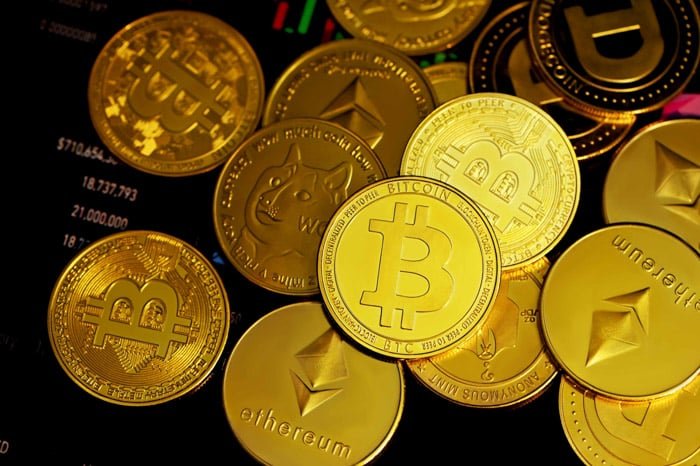Mark Cuban is the latest billionaire to recognize the power of the carbon offset industry. On Saturday, Cuban announced that he has been purchasing $50K worth of tokenized carbon offsets every 10 days and hopes to do even more.
“I’ve been buying 50k in offsets every 10 days or so, verifying them and putting them on-chain as BCT,” said Cuban via Twitter. “I would love to do the same thing and probably more with removal within KLIMA.”
What are carbon credits and carbon offsets?
If you aren’t familiar with the carbon credit industry – it is booming. Countries and companies alike recognize its role in the fight against climate change, which is why world leaders at COP26 agreed to create a global standard.
Simply put, carbon offsets are purchased using carbon credits on a carbon marketplace. For each individual carbon credit purchased, one metric ton of carbon is removed from the atmosphere through an environmental project – such as reforestation.
The carbon offset doesn’t only have the power to help improve the environment. The projects used to offset carbon can help spark economic growth across the globe.
How is Cuban purchasing carbon offsets?
Cuban is using blockchain technology to purchase offsets on Klima. Klima is a decentralized autonomous organization (DAO) with $100 million worth of carbon offsets (about 9 million tons of carbon).
The offsets on Klima DAO are Base Carbon Tonnes (BCT), a “digital” form of carbon credits. So, just like the regular carbon marketplace, one ton of carbon is equal to one BCT (just how one ton of carbon is equal to one carbon credit).
With new standards being put in place globally and more accessibility (through blockchain), the industry can improve and grow. Experts believe the carbon offset industry will reach $100 billion by 2030, up from just $300 million in 2018.

